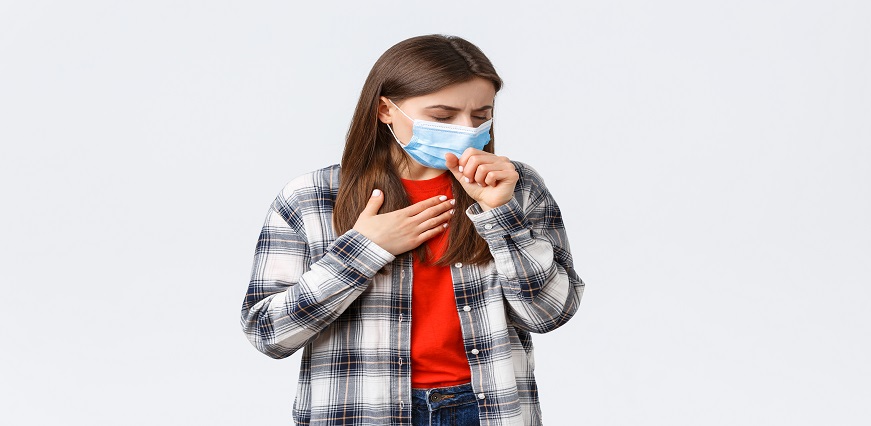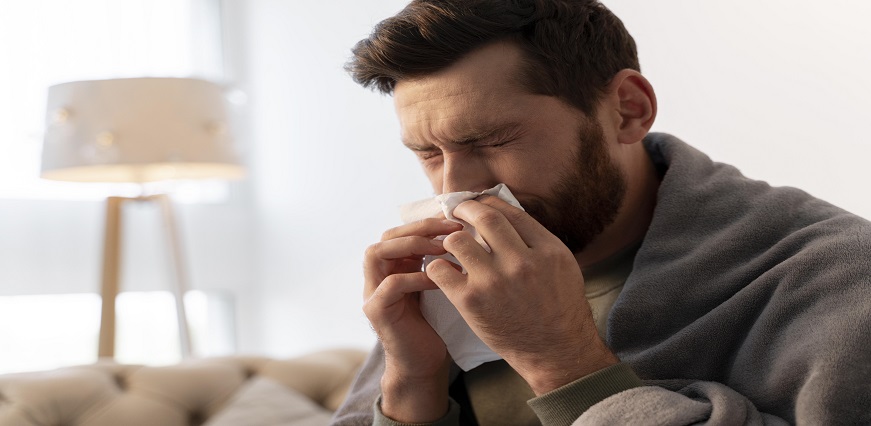





No lab centers are available in this city

Max Lab
Dec 05, 2022
Eczema (or dermatitis) is a general term for inflammation of the skin. Dermatitis usually causes rashes, dry skin, blisters, and itching. There are many different types of eczema depending on the symptoms and severity, including atopic and contact dermatitis. Learn more about the symptoms, treatment options, and causes of eczema in this blog post!
Eczema also called atopic dermatitis, is a chronic inflammatory skin condition characterized by itchiness, redness, and dryness. The exact cause of eczema is unknown, but it is believed to be triggered by a combination of genetic and environmental factors. Eczema is not contagious.
There are four main types of eczema:
Eczema can be a very debilitating condition that significantly impacts the quality of life. Itching can be so severe that it leads to sleeplessness and anxiety. The constant scratching can also lead to secondary infections. Eczema is often treated with topical corticosteroids, immunosuppressants, antihistamines, moisturizers, and light therapy.
"Suggested Read:" Hyperpigmentation - Causes, Symptoms, Diagnosis & Treatment
The most common symptom of eczema is itchy, dry skin. Other symptoms may include:
The most common treatment for eczema is to hydrate the skin and relieve the itch. This can be done with over-the-counter (OTC) products, such as lotions, creams, and ointments.
For more severe cases of eczema, prescription medications may be necessary. These include corticosteroids, antihistamines, immunosuppressants, biological drugs, and phototherapy.
Corticosteroids are the most commonly prescribed medication for eczema. They come in many forms, including creams, ointments, gels, and pills. Corticosteroids help to reduce inflammation and itching.
Antihistamines can help to relieve the itchiness associated with eczema. They are available OTC and by prescription.
Immunosuppressants are powerful drugs that suppress the immune system. They are typically only used for severe cases of eczema that do not respond to other treatments.
Biologic drugs are a newer type of medication that is used to treat severe eczema. They work by targeting specific proteins in the body that are involved in the inflammatory process.
Phototherapy involves exposure to ultraviolet (UV) light. It can be used alone or in combination with other treatments.
With our offerings in line with government-mandated prices, Maxlab offers full body checkup packages that cover an exhaustive list of tests for a comprehensive diagnosis of your health. Choose from a range of health test packages based on your needs.
There are many possible causes of eczema, and the exact cause may differ from person to person. However, there are some common triggers that can lead to eczema flare-ups. These include:
If you have eczema, it is important to avoid your triggers and to keep your skin hydrated. There are also several treatments that can help reduce eczema symptoms.
Eczema is a common skin condition that can cause dry, itchy, and inflamed skin. There are many different types of eczema, and the symptoms can vary from mild to severe. While there is no cure for eczema, there are treatments available that can help to relieve the symptoms. If you think you may have eczema, it's important to see a doctor so they can diagnose and treat the condition.

















Sign up takes less than 60 secs and gives you access to your offers, orders and lab tests.
Looks like you are not registered with us. Please Sign up to proceed
OTP will be sent to this number by SMS
We have successfully received your details. One of the agents will call you back soon.
 To reach our help desk call 9213188888
To reach our help desk call 9213188888
No Lab Centers are available in this city
Looks like you are not registered with us. Please Sign up to proceed
OTP will be sent to this number by SMS
Not Registered Yet? Signup now.Looks like you are not registered with us. Please Sign up to proceed





 7982100200
7982100200.png)
Comments